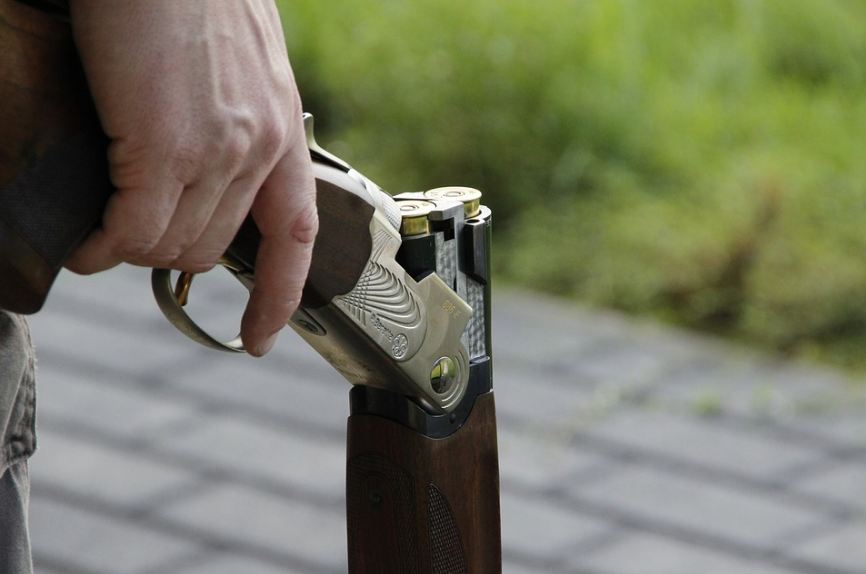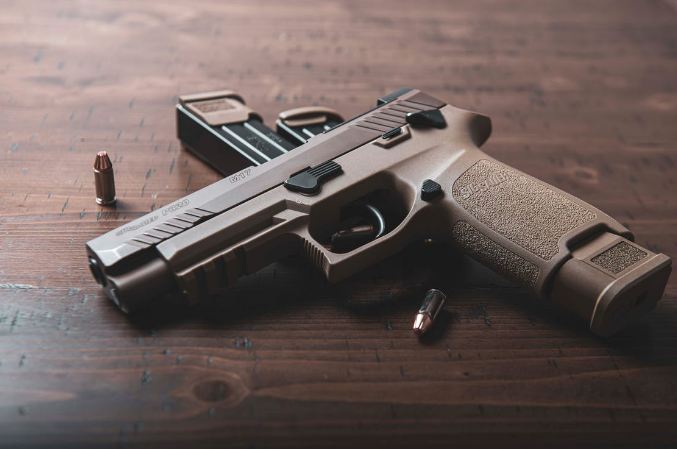The second amendment gives Americans the right to own firearms for personal safety and security, and many Americans choose to exercise this right. Three in ten American adults (30%) own some kind of firearms, with most gun owners feel that guns are integral to their sense of freedom. While firearms certainly contribute to one’s sense of safety, independence, and control, they come with responsibility – the responsibility to ensure the safety of the people in your home.
Why Do You Need to Keep Your Guns Safe?
Guns can be great at protecting yourself and your family from potential threats and intruders, but they pose an even greater danger to your own family than burglars or intruders trying to get into your house. If you are wondering how that is, research has shown that having a gun at home significantly increases the chances of children unintentionally shooting themselves or someone else. Moreover, teenagers commit hundreds of suicides each year using a gun belonging to a family member, and there are higher chances of domestic homicide with a gun at home.
This means that unless your guns are placed someplace safe and secure, there is always the chance of some unfortunate accident at home. Many parents argue that kids can be taught not to touch guns. Their lack of due care in gun safety protocols stems from the assumption that kids will follow their strict orders. However, children are more likely to want to explore things that are forbidden, and that makes securing guns even more necessary. And even if your kids are extremely well-behaved, it is dangerous to leave guns lying around in case your child’s friends regularly visit your house.
Apart from kids, emotional teens, and depressed or suicidal persons, significant risk is posed by gun thieves. Firstly, some people specifically sneak into people’s homes to get their hands on legally owned guns and then use them for unlawful activities. Secondly, there is the chance that an unarmed intruder who sneaks into your home might be able to get their hands on your gun and use that against you. In such cases, you must ensure your firearms aren’t easy for them to get their hands on.
How Can You Keep Guns Secure Yet Accessible?
While keeping a gun safe and secure is important, it should also be accessible. After all, what would be the point of owning a gun if it is so well-secured that it becomes inaccessible to you in case of an emergency? Owning a gun, then, is about getting the balance right between keeping it secure yet accessible.
There are multiple options to consider when you are planning to store your gun in some safe place. Let us go through them one by one:
- Gun Safes
Safes are a fail-proof way of securing firearms and ammunition at home. Modern safes come in different sizes and with multiple security settings. You could get an under-the-bed safe for your gun, or you could get a drawer safe for your pistol. You can lock a safe using a complex combination (that you should change every once in a while) or you could get a biometric safe. Biometric safes are especially very easily accessible and hassle-free.
- Safe Location
Once you have put your gun in a safe, another important consideration is where you store that safe. Ultimately, the safest safe is that which cannot be found. Under-the-bed safes are a good idea, but if you have more than one gun in your house, it is not only necessary to store it where it cannot be found, but also to store it at someplace where you are frequently present. So, whether you spend a lot of time in the basement or the garage, it would be a good idea to have a gun close by, in case of an emergency.
Other potential safe locations include the kitchen, a spare room in the house, or some corner of the cabinet. The main point is to store a gun where an intruder will not think to look for it.
- Trigger Locks
Guns now often come with trigger locks, which are quite affordable and straightforward. You can either lock your guns and then put them in a safe, or simply lock them if you are not willing to buy a safe. While locking firearms is not as secure as keeping them in a safe, it will still ensure unauthorized users do not use the gun.
- Unload and Separate
To ensure complete safety, and to avoid any unwanted, dangerous outcome, experts recommend that two practices should be followed for storing guns, which are unloading the gun, and storing the firearm and ammunition separately. Now, some gun owners think that storing the gun and ammunition separately will hinder effective response to an emergency. However, the truth is that if the gun and the ammo are in the same room, just at different hidden locations, it significantly increases the safety involved with using a gun while does not affect accessibility much.
As a gun owner, it is up to you to decide which of these gun-safety practices are best for you. It would help if you remembered that the more safety precautions you take, the safer your firearms would be from thieves, and the safer your family would be from unfortunate accidents.
An Important Consideration: State Laws
In some cases, gun safety is not merely a matter of precaution but is a legal requirement, with different states having different regulations over who can own a gun and how safe they must keep it at home. In California and Connecticut, handguns must be sold with a firearms safety device, with locks that meet a certain standard. Massachusetts gun laws require that firearms must be kept locked at homes. It is a good idea to go over your state’s gun laws, in addition to the federal laws, when purchasing guns or deciding how to keep them safe.
Last Word
While getting the balance between keeping guns safe yet accessible is important, it is also necessary that you have a plan for actual situations when you might need to use firearms. Your family should know which room to gather in if an intruder breaks into the house while you go fetch your guns. Calling the police and trying to avoid confrontation is the safest option, but, at the same time, you should be prepared to protect yourself and your family if the need arises.


